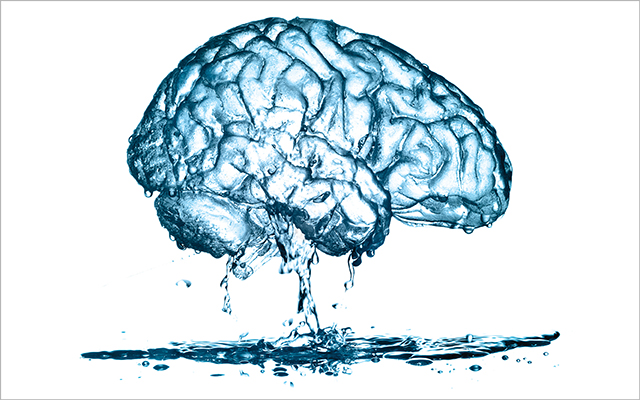In the fast-paced world we live in, the significance of staying adequately hydrated goes beyond mere physical health. Recent scientific research sheds light on a compelling connection between hydration and cognitive function, emphasizing how our daily water intake influences brain performance, concentration, and overall cognitive abilities. As summer swiftly approaches, it’s important to understand the relationship between proper hydration and optimal brain function.
The Brain’s Water Dependency:
The human brain, made of about 75% water, is exquisitely sensitive to fluctuations in hydration levels. Even minor dehydration can lead to noticeable cognitive impairments, affecting critical functions such as memory, mood, attention, and decision-making.
Research Findings:
- University of Connecticut’s Hydration and Cognitive Performance Study:
- A study conducted at the University of Connecticut investigated the impact of hydration on cognitive performance in young adults. The studies showed that even a 1-2% fluctuation in hydration can lead to mood changes, decreased alertness, increased perception of task difficulty, and difficulties in concentration.
- Frontiers in Nutrition Study on Brain Structure and Hydration:
- Published in the journal “Frontiers in Nutrition” a study used magnetic resonance imaging (MRI) to explore the structural and functional changes in the brains of dehydrated individuals. The results revealed that proper hydration positively influenced brain structure and function, with increased neural activity observed in areas associated with attention and executive function.
Hydration and Concentration:
Research consistently supports the notion that hydration plays a large role in concentration and cognitive performance. Dehydration can lead to heightened feelings of anxiety, irritability, and an increased perception of task difficulty. Addressing hydration needs has been shown to mitigate these effects, resulting in improved concentration and mental clarity.
Practical Tips for Hydration and Cognitive Well-being:
- Hydration Monitoring:
- Regularly monitor your water intake, aiming for at least eight 8-ounce glasses per day. Individual needs may vary based on factors such as age, weight, and physical activity.
- Water-Rich Foods:
- Incorporate water-rich foods like watermelon, cucumber, and celery into your diet to contribute to overall hydration.
- Consistent Water Consumption:
- Stay ahead of thirst by drinking water consistently throughout the day, as thirst is an indicator that the body is already in a state of dehydration.
- Limit Diuretic Beverages:
- Reduce the consumption of beverages with diuretic effects, such as caffeinated and alcoholic drinks, to support optimal hydration.
Conclusion:
Scientific evidence unequivocally demonstrates that maintaining proper hydration is not only crucial for physical health but is equally instrumental in sustaining optimal cognitive function. By adopting practical strategies to stay hydrated, we empower ourselves to unlock the full potential of our minds and enhance overall well-being. A well-hydrated brain is a clear-thinking brain, and the scientific community continues to unravel the fascinating connections between hydration and cognitive prowess. Cheers to a hydrated and sharp mind!








